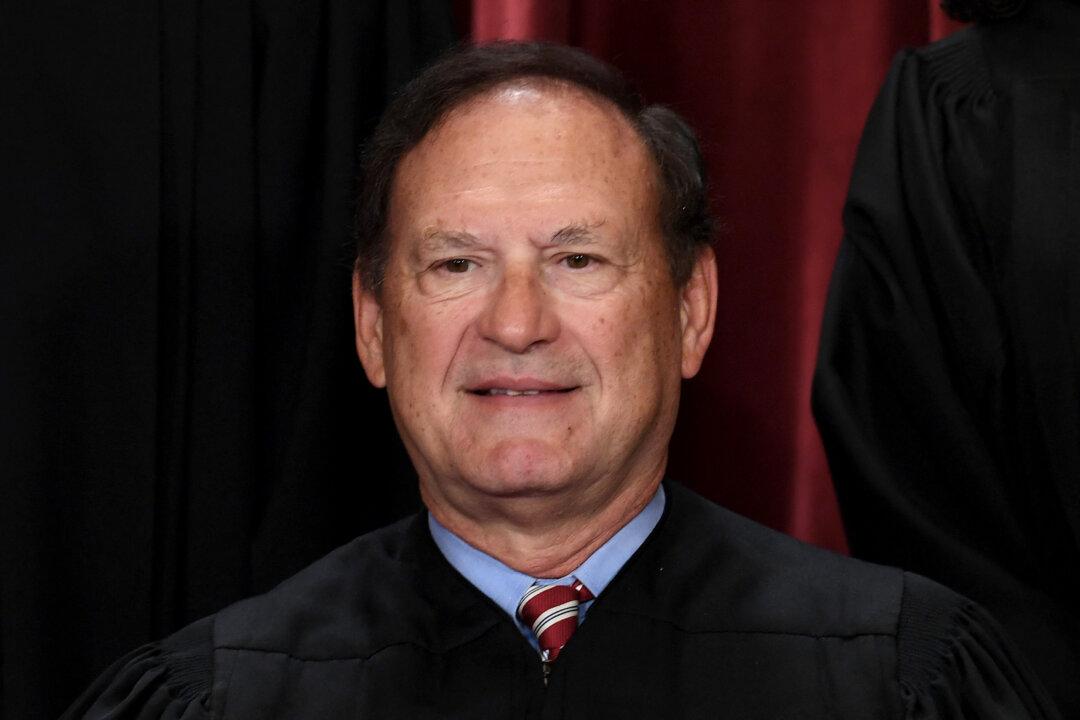A Supreme Court ruling temporarily upholding the Biden administration’s rule regulating so-called ghost guns that can be assembled at home will remain in effect until at least Aug. 8.
That’s because on Aug. 4, Supreme Court Justice Samuel Alito unexpectedly extended his ongoing stay of a federal judge’s ruling blocking the government’s rule on the homemade firearms. The move gives the justices more time to consider the government’s emergency request to keep the block in place.





